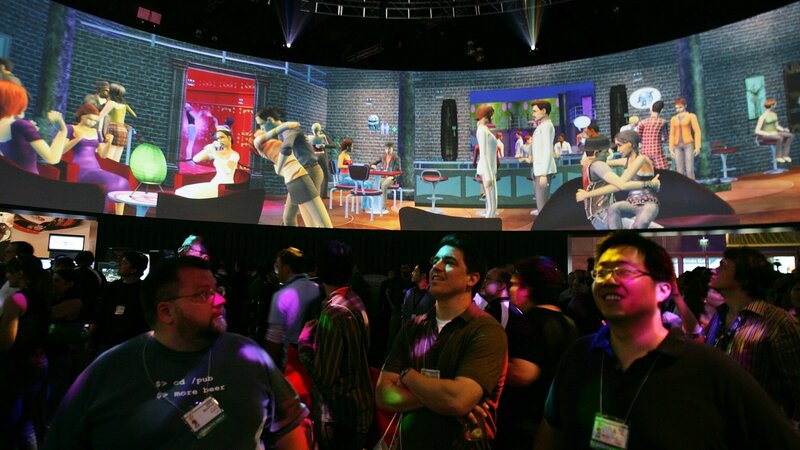https://www.npr.org/2023/07/21/ [login to see] /the-classic-video-games-you-cant-play-spoiler-its-most-of-them
When The Sims came out back in the year 2000, it changed the gaming landscape. Here was a game made for everybody, a game that looked and played like real life, if only real life was a lot more fun.
It was such a big deal that even mainstream news outlets like us were talking about it. Dan Morris, former executive editor of PC Gamer Magazine, told NPR that part of its appeal was its familiarity and relatability. "It's sort of the part of us that always liked, you know, playing with dollhouses," he said. In a medium where players were usually confronted with science fiction and fantasy, it was the mundanity of The Sims' world that proved refreshing.
But while The Sims spawned many sequels, you can't officially buy the original, and even if you have it, it's not designed to run on modern systems. That fate, sadly, isn't an anomaly — most classic video games can't be played on today's hardware. A new study from The Video Game History Foundation finds that only 13% of titles produced before 2010 are available on modern platforms.



 Video Games
Video Games


